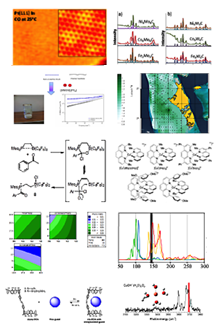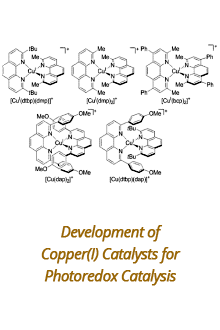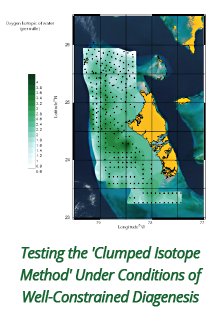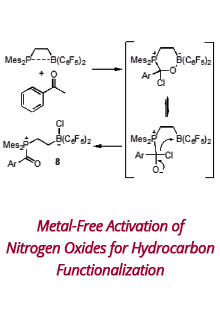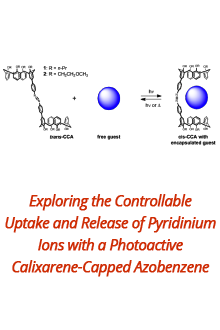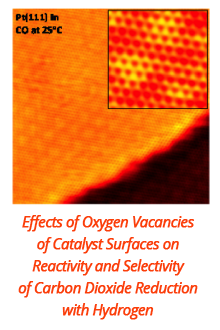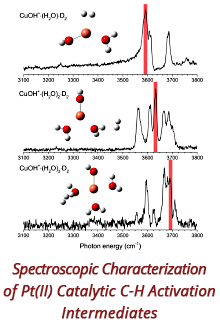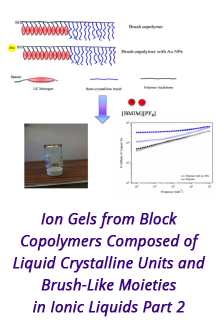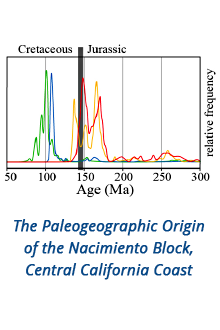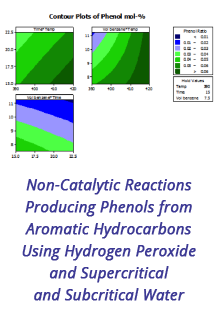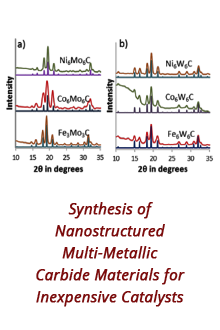Dr. Jennifer P. Schomaker
 Department of Chemistry
Department of Chemistry
University of Wisconsin-Madison
New Approaches to Alkene Functionalization via Dehydrogenative Metallation Catalyzed by First-Row Transition Metals
Dr. Jennifer Schomaker is a synthetic organic chemist whose research project addressing the development of new approaches to alkene functionalization catalyzed by first-row transition metals has been supported by a PRF New Directions (ND) Grant. Dr. Schomaker, an assistant professor at the University of Wisconsin-Madison, and her group are interested in methodology development, catalysis and the synthesis of complex molecules. Her PRF-ND award focused on “developing new catalysts to convert simple hydrocarbons from petroleum feedstocks into more complex building blocks for the synthesis of pharmaceuticals, agrochemicals and materials.”
Cross-coupling reactions comprise a powerful set of bond-forming strategies, as exemplified by the awarding of the 2010 Nobel Prize in Chemistry for the development of palladium-catalyzed cross-coupling. Schomaker explains that despite the “great interest in trying to develop similar transformations using first-row transition metals, this has been challenging using mechanistic paradigms established for precious metals. The discovery of new reactivities for catalysts based on first-row metals can lead to different ways to think about employing abundant and inexpensive metals for functionalizing petroleum feedstocks.”
Dr. Schomaker used her New Directions Grant to explore a serendipitous observation of unusual reactivity promoted by a series of Cu(I) complexes and support the full-time efforts of a graduate student to elucidate the mechanism of this transformation. With this key fundamental information in hand, she and her colleagues have been able to expand the synthetic applications of their new chemistry. Dr. Schomaker will use the results obtained from her PRF seed money grant to apply for federal grants to further expand her investigations to other arene and alkene functionalizations using copper and other first-row transition metals.
Schomaker states that the project has been exciting in that “it is interesting from both a mechanistic and a synthetic perspective.” She explains: “The PRF-ND funds have given us the opportunity to carry out careful experimental studies of this new mode of reactivity, as well as investigate our proposed mechanisms in collaboration with computational chemists to potentially design better ligands for copper. In addition, our chemistry has also provided a rich playground for developing synthetically useful arene functionalizations leading to scaffolds with potential medicinal applications from simple starting materials.”
The present PRF ND Grant is Dr. Schomaker's second PRF Grant. Earlier in her career she was awarded a New Investigator Grant.

